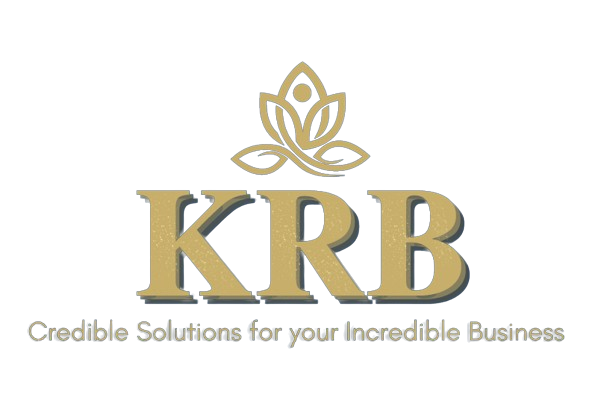Software Patent
Creators and inventors of software products have always strived to protect their intellectual property rights and obtain patent registration for software products. The rapid growth of the internet and fast increasing competition has further increased the demand for software patents in India. However, patenting of software was not allowed for a long time in India, due to restrictions in the patent laws of India. But to cope up with the demand, boost innovation and safeguard the rights of inventors, the Indian Patent Office has evolved detailed guidelines for patenting Computer Related Inventions (CRIs). In this article, we look at patentability of software and Computer Related Inventions in detail.
Computer Related Inventions
Computer Related Inventions consists of inventions which involve the use of computers, computer networks or other programmable equipment and include inventions which require computer programme or programmes for operating.
Rules for Software Patent Registration in India
Patent Registration in India is governed by The Patents (Amendment) Act 2002 which came into effect on 20th May 2003. In the Patents Amendment Act 2002, the following types of inventions were explicitly excluded from Patent registration:
- Mathematical or business method or a computer programme per se or algorithms.
- Literary, dramatic, musical or artistic work or any other aesthetic creation whatsoever including cinematographic works and television productions.
- Mere scheme or rule or method of performing mental act or method of playing game.
- Presentation of information, topography of integrated circuits;
- Topography of integrated circuits.
Are Software Patents Allowed in India?
Software by itself is not patentable in India. However, software can be patented if it is part of an invention that is both inventive and capable of industrial use.
In the Patents (Amendments) Act 2002, it is mentioned that computer programme per se is not patentable. It is very important to note that only the word computer programme has the words per se attached to it. All other items excluded from patent registration do not have the words per se attached. The general dictionary meaning of “per se” is “by itself” or “in itself” or “as such” or “intrinsically” – to show that you are referring to something on its own, rather than in connection with other things. Hence, software by itself would not be patentable. However, a software that is part of a Computer Related Invention is patentable.
The above view was also expressed by the Joint Parliamentary Committee while introducing Patents (Amendments) Act, 2002:
How to Get Patent Registration for Software?
Software patents are more complex that patent registration for other inventions. Hence, the first step in securing a patent for a software would be to seek the advice of an experienced professional in the field of software patent registration.
It is well established in the law that while establishing patentability, the focus should be on the underlying substance of the invention and not on the particular form in which it is claimed. Hence, it is important is to judge the substance of claims taking whole of the claim together. If any claim in any form such as method/process, apparatus/system/device, computer program product/ computer readable medium falls under a excluded categories, such a claim would not be patentable. However, if in substance, the claim, taken as whole, does not fall in any of the excluded categories, the patent registration should not be denied.
Hence, to obtain patent registration for software, it is important to establish that the patent registration application does not pertain to only a software but to an invention that is applicable for industrial use.
